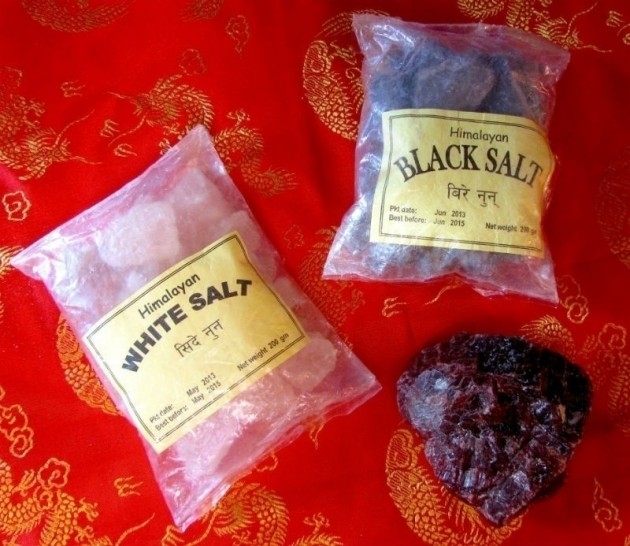A syndrome in which a stiff shoulder is restricted and painful in both active and passive movement. Also known as adhesive capsulitis, periarthritis, and pericapsulitis. The involved joints are the scapulothoracic and glenohumeral. There is no bony ankylosis. Causes include any type of pain in the shoulder upon movement, and immobilization from shoulder injury. Frozen shoulder is seen most often in patients with tendency to tension, anxiety, and passive apathy (termed the periarthritis personality), combined with a low pain tolerance. The pathology of frozen shoulder is believed to be as follows: pain in the shoulder (neurologic, vascular, musculoskeletal, or referred visceral): causes vasospasm which leads to congestion, and myospasm which leads to disuse and further vascular congestion. This initiates the development of fibrous tissues that are responsible for functional disability. The untreated course ends in total immobilization of the shoulder joint. Prevention is the best treatment. Once the condition is established, cure becomes increasingly difficult. It is unusual for a complete recovery to occur in frozen shoulder patients. Conventional treatment consists of drug therapy (muscle relaxants, sedatives, tranquillizers, analgesics); manipulation of the shoulder; passive and active range of motion exercises; ice; physiotherapy; and psychological counseling to dispel any anxiety and dependency that may be primary or secondary to the frozen shoulder.
Symptoms
Painful limitation of the glenohumeral joint which gradually becomes less painful but more restricted in motion. Abduction is normal at first and then, as the condition progresses, is restricted because of pain.Advanced states: no pain with immobilization but pain in all range of motion of the shoulder; patient carries the
arm in adduction and internal rotation.
Nutrients Involved
Bromelain, vitamin C in high doses, vitamin E, flaxseed oil, calcium, magnesiumSuggested Nutritional Supplementation
Bromelain 1400 - 3-4 tablets 3 times daily between meals.High potency bromelain.
Each tablet is pH sensitized to assure release in the intestinal tract.
C Aspa Scorb - 1 teaspoon in juice or water 3 times daily. High potency Vitamin C/magnesium combination.
EPA-DHA 6:1 - 2 softgels 2-3 times daily with meals (see EPA-DHA section in appendix). Anti-Inflammatory essential fatty acids from cold water fish.






